Articles
7 Shockingly Banned Movies (& Why They Were)
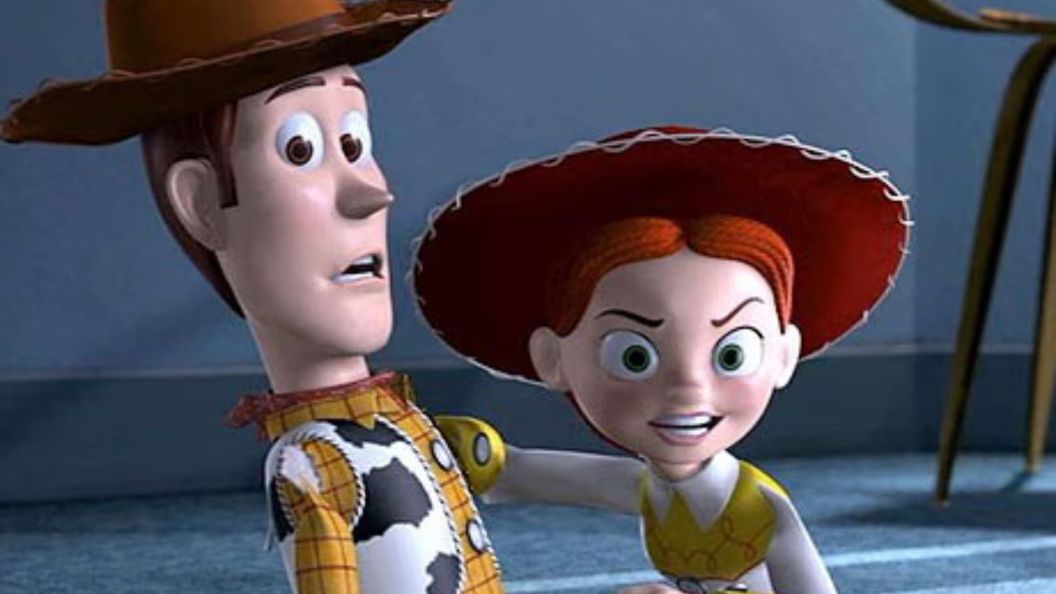
Movies are often a controversial art form because they tell stories that make some people uncomfortable or address subjects that are generally considered inappropriate. While in the United States, movies are supposed to be covered under the First Amendment right to free speech, many movies have been banned throughout the country’s history.
Movies can be controversial enough to be banned for many reasons. While some movies are banned because they tell stories that are uncomfortable for those in power, others are under attack because the content seems to endorse racism or violence. Some movies generally considered innocuous have been banned or challenged, which is always more shocking than when the cause is clear.
7) Toy Story 2
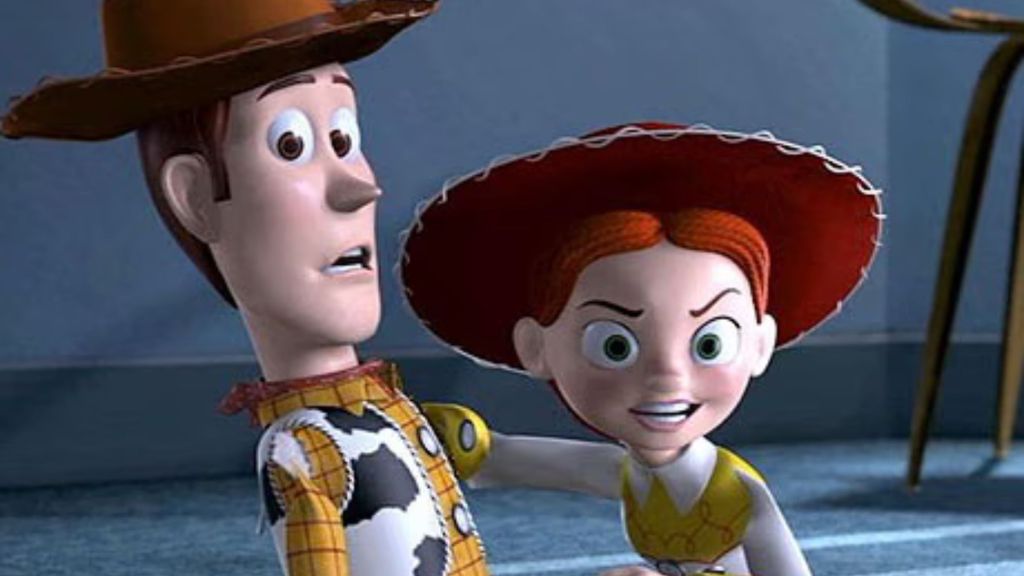
Toy Story 2 seems like the least likely candidate for censorship, though it almost didn’t get made because an employee almost deleted Toy Story 2 by accident. When it first came out in 1999, there was no problem. However, in 2018, a scene during the credits became a cause for concern.
The # MeToo movement was in full swing by then, and Toy Story 2 producer John Lasseter had become embroiled in a sexual harassment scandal. Thus, many viewers were uncomfortable with a mid-credits scene that suggested the Prospector was sexually harassing some Barbie dolls. As a result, the film was removed from television rebroadcast until the offending scene was removed.
6) Death of a President
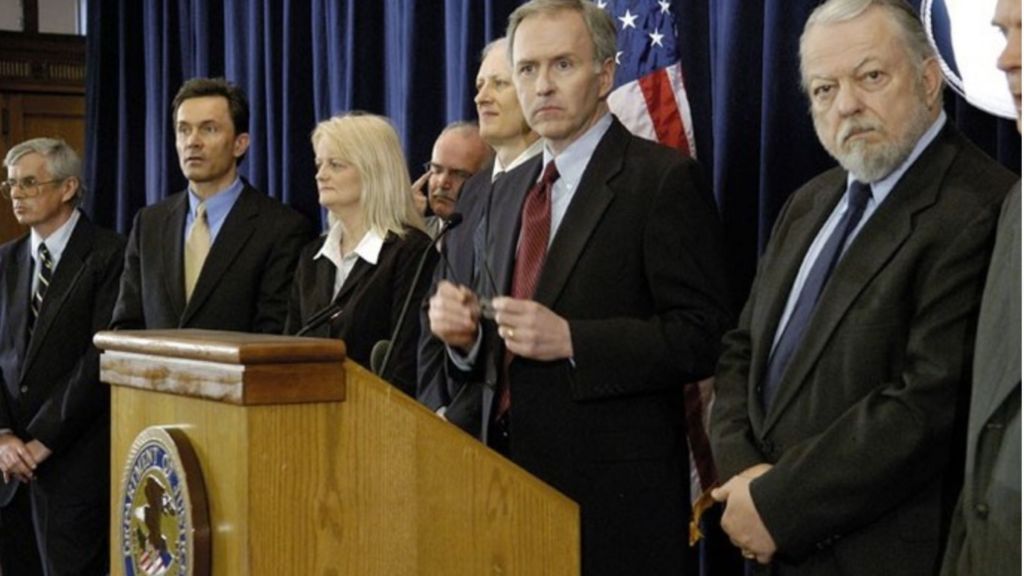
It’s not surprising that Death of a President was banned in the United States, considering its subject matter and the proximity to 9/11. Made only 5 years after the biggest terrorist attack on US soil, this British mockumentary was about the assassination of a US President who resembled then-President George W. Bush.
The film was allowed to play in Canada, but many American movie theatres rejected it on the grounds that threats against the President were inappropriate. Additionally, CNN and NPR refused to run ads for the movie during their programming because they disapproved of its content.
5) The Santa Clause
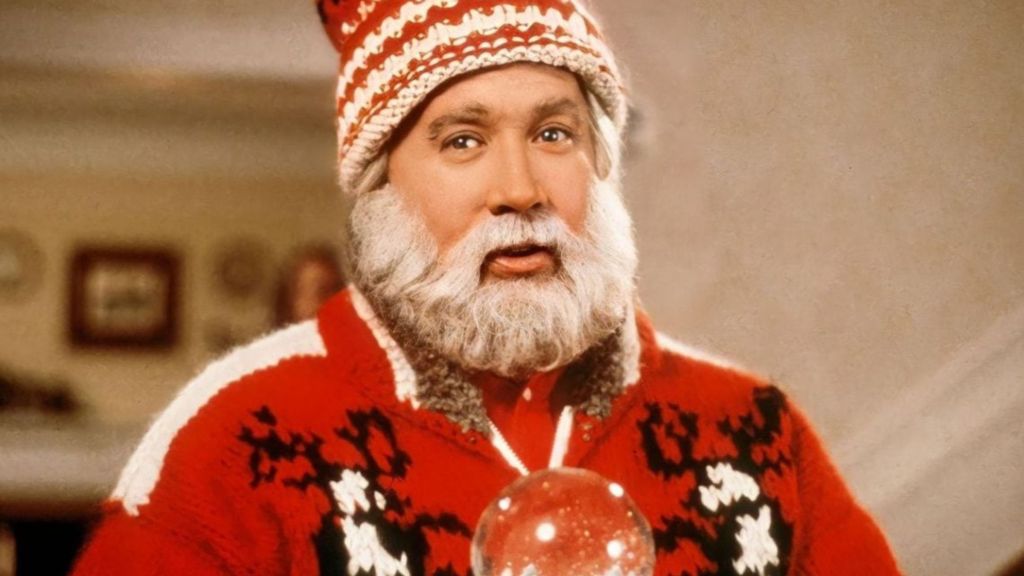
Tim Allen’s Santa Clause movie was banned for the most ridiculous of reasons. The film contained a joke in which Allen’s character responds to his ex-wife giving him her mother’s number in case of emergency, “Oh yeah, I’ll call 1-800-SPANKME.”
This line didn’t lead to censorship because of parents offended by inappropriate content, but because (as one might imagine), in real life, that number leads to a sex hotline that requires callers to pay per minute. After a child ran up a $400 bill by attempting to call the number, The Santa Clause was removed from distribution, though it was returned to the theatres once the line was changed.
4) The Profit
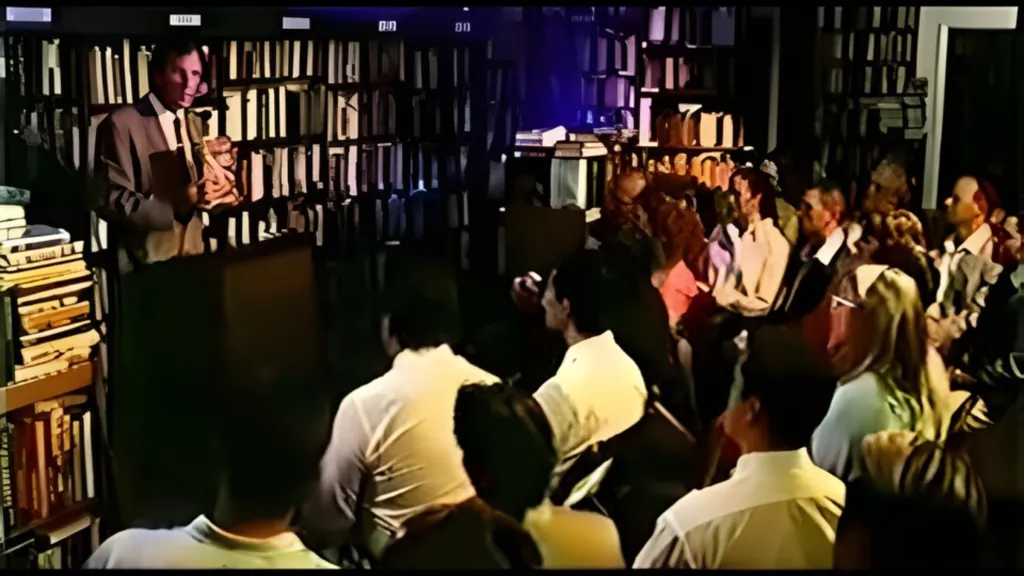
The Profit was controversial because it was widely considered to be a parody of L. Ron Hubbard, the founder of the Church of Scientology. The film never directly mentions Hubbard, instead telling the story of a con man who starts a new religion to gain wealth — something which many Scientologists felt was an attack on their founder.
The Church of Scientology sued to prevent the release of the film because it would taint the jury pool in a lawsuit against them for the wrongful death of a former member. Thus, the movie was banned while the suit was ongoing. While the injunction against the film was lifted after the lawsuit was settled, a new legal dispute with one of the investors in the film continues to block its release to this day.
3) Ernest and Bertram
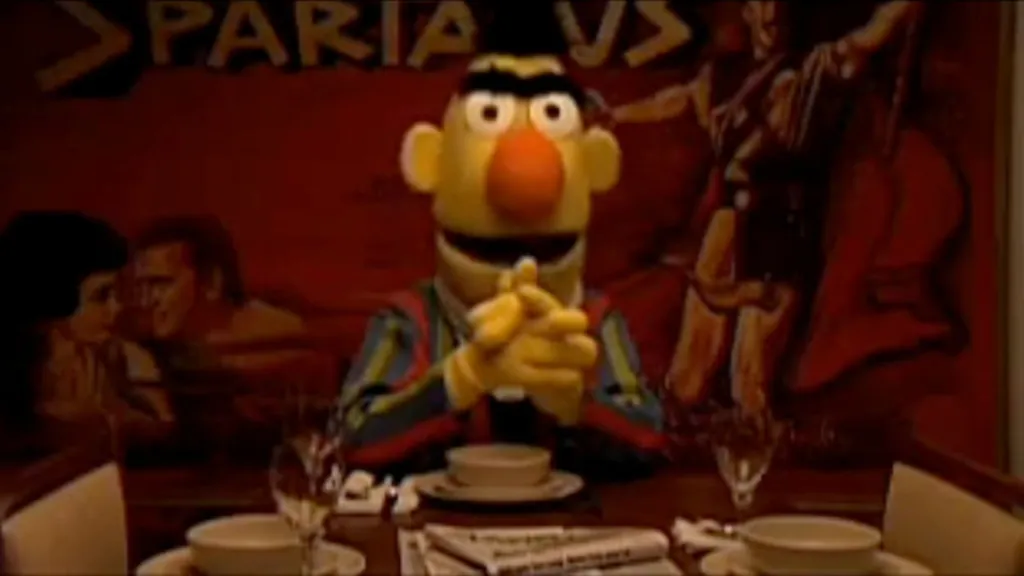
Ernest and Bertram was a satire of the Sesame Street characters Ernie and Bert meant for adults, in which Miss Piggy breaks up with Bert, who then admits to Ernie he is gay, before the short film ends on a tragic note.
Although parodies are generally protected, the Sesame Workshop successfully sued for unauthorized use of its characters. Thus, the film could no longer be distributed, and the injunction against it remains in place to this day.
2) Guess Who’s Coming To Dinner?
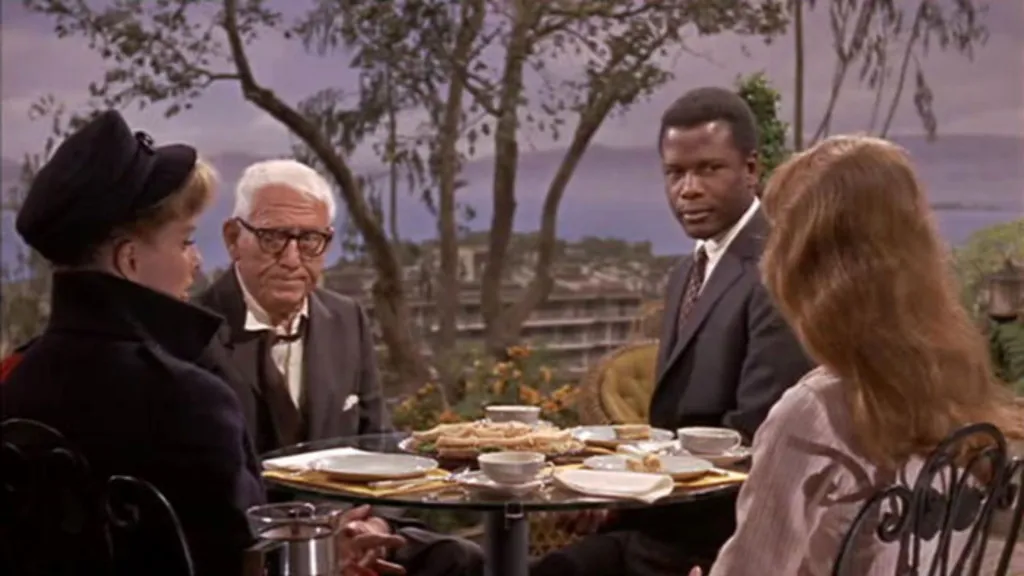
It’s not surprising that there would be a movement to ban 1967’s Guess Who’s Coming To Dinner?, as the racial themes might have been uncomfortable for audiences during the height of the Civil Rights Movement. However, this top-grossing movie was briefly banned in Cleveland, Ohio, for an unexpected reason.
When Guess Who’s Coming to Dinner? came to Cleveland, several area movie theatres were hit with stink bombs during showings of the film. Thus, customers were evacuated from the theatres, and the movie was temporarily banned while Cleveland tried to get these acts of criminal mischief under control. Fortunately, the ban didn’t last long and the theatres soon resumed showing the iconic film.
1) From Here to Eternity
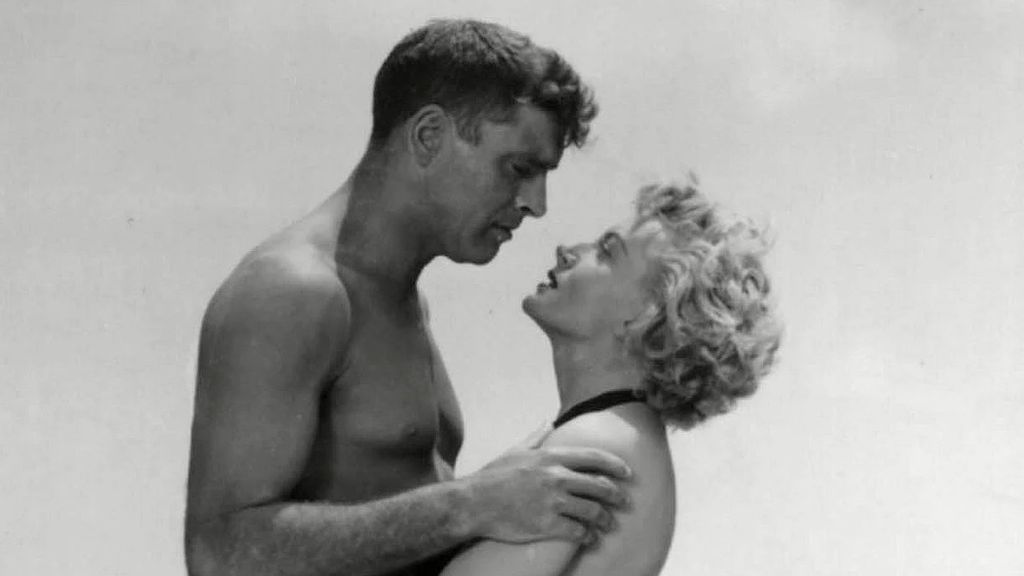
From Here to Eternity is considered a classic, especially after receiving 8 Academy Awards. The film, which starred many big names such as Burt Reynolds and Frank Sinatra, was incredibly popular. It revolved around several soldiers’ behavior in the days before the Pearl Harbor Attack, and included scenes of a romantic tryst at a beach that were considered racy in the 1950s.
The film was never banned nationwide. However, the US Army disliked the way it was portrayed, and as a result, in 1953, the US Navy banned it from being screened to those in the Navy in support of their sister branch of the Armed Forces.
Which movie ban do you think was the most ridiculous? Leave a comment and join the conversation at the ComicBook Forum.
The post 7 Shockingly Banned Movies (& Why They Were) appeared first on ComicBook.com.



